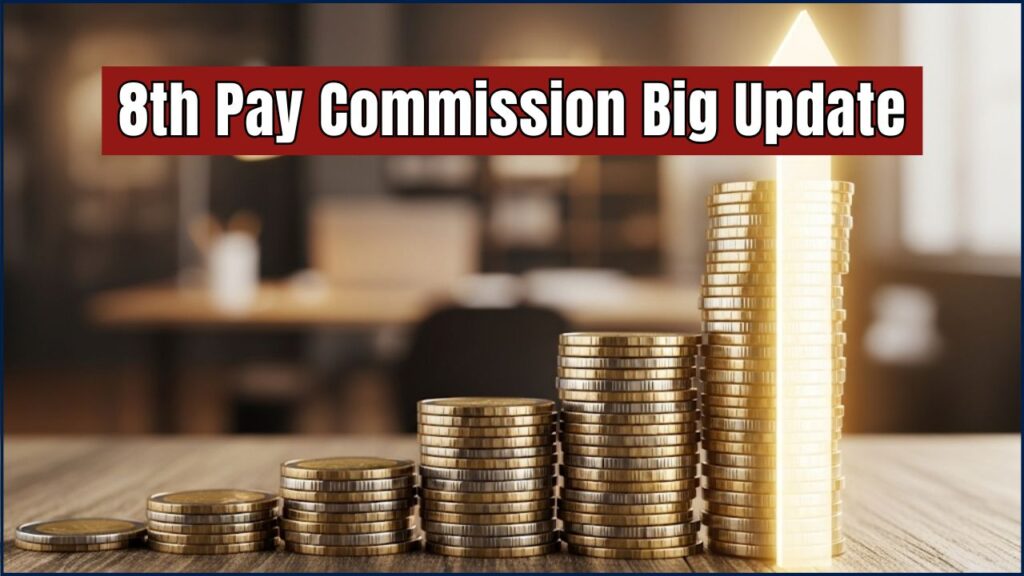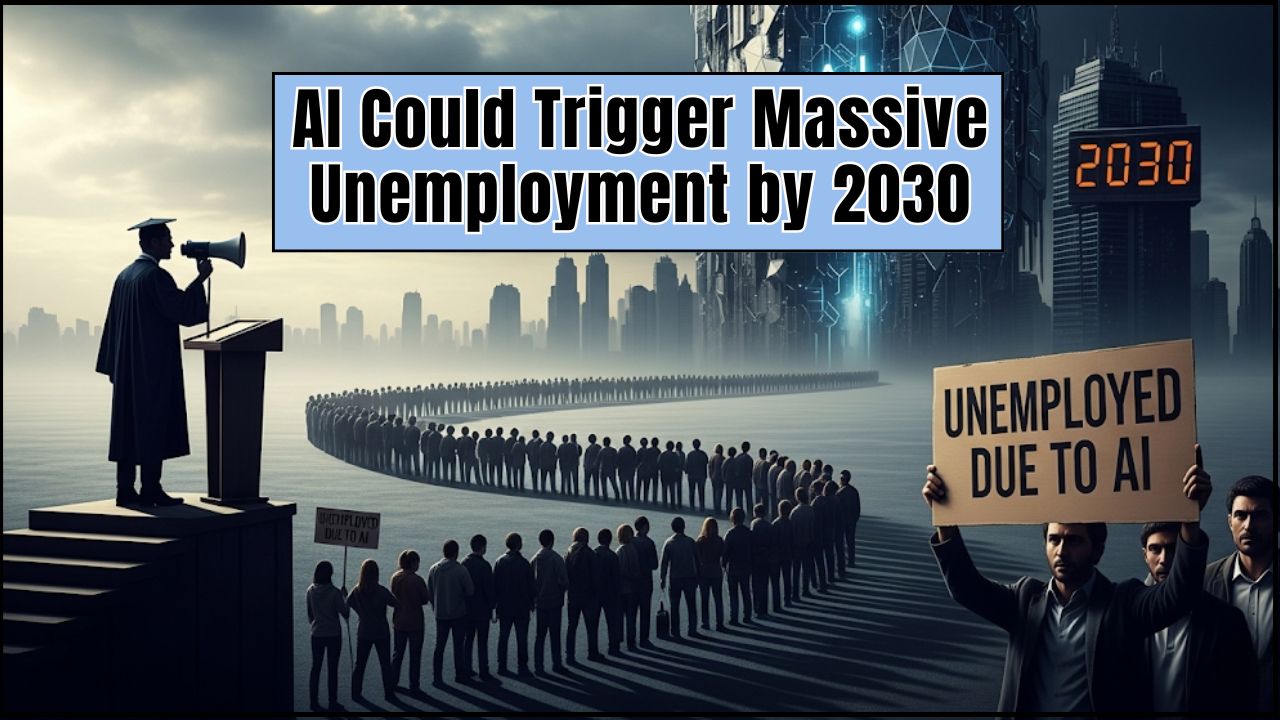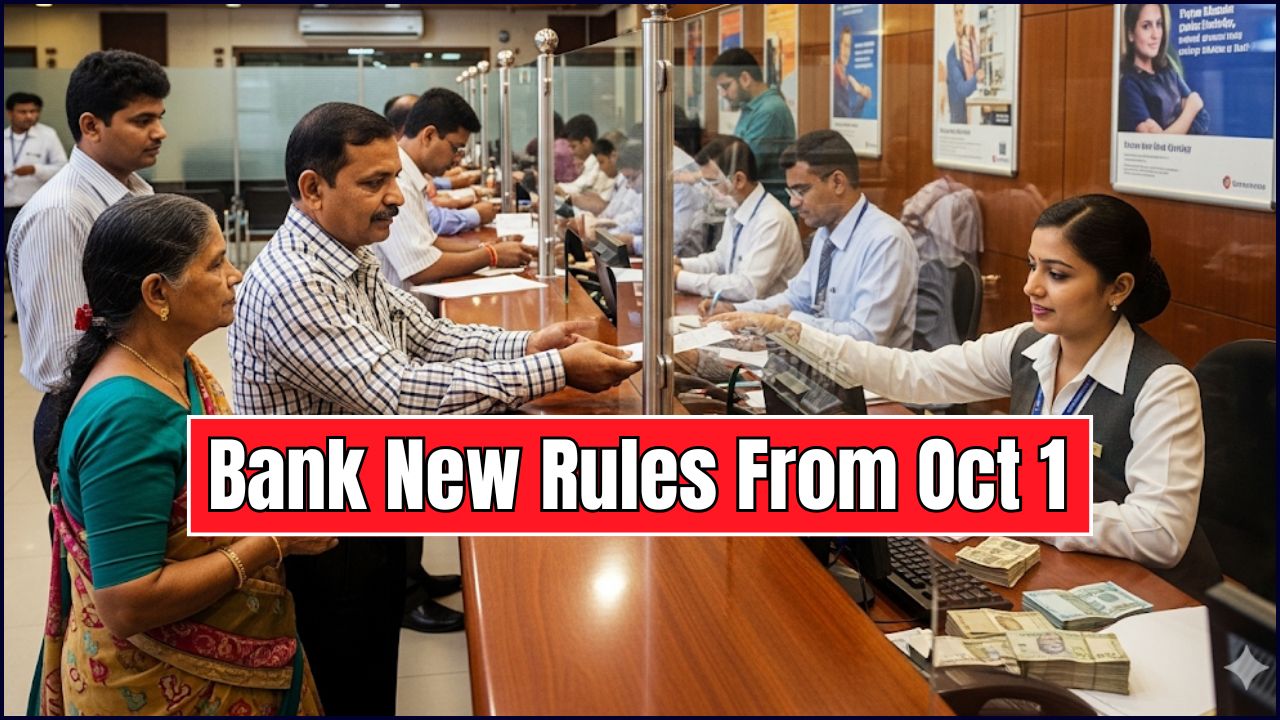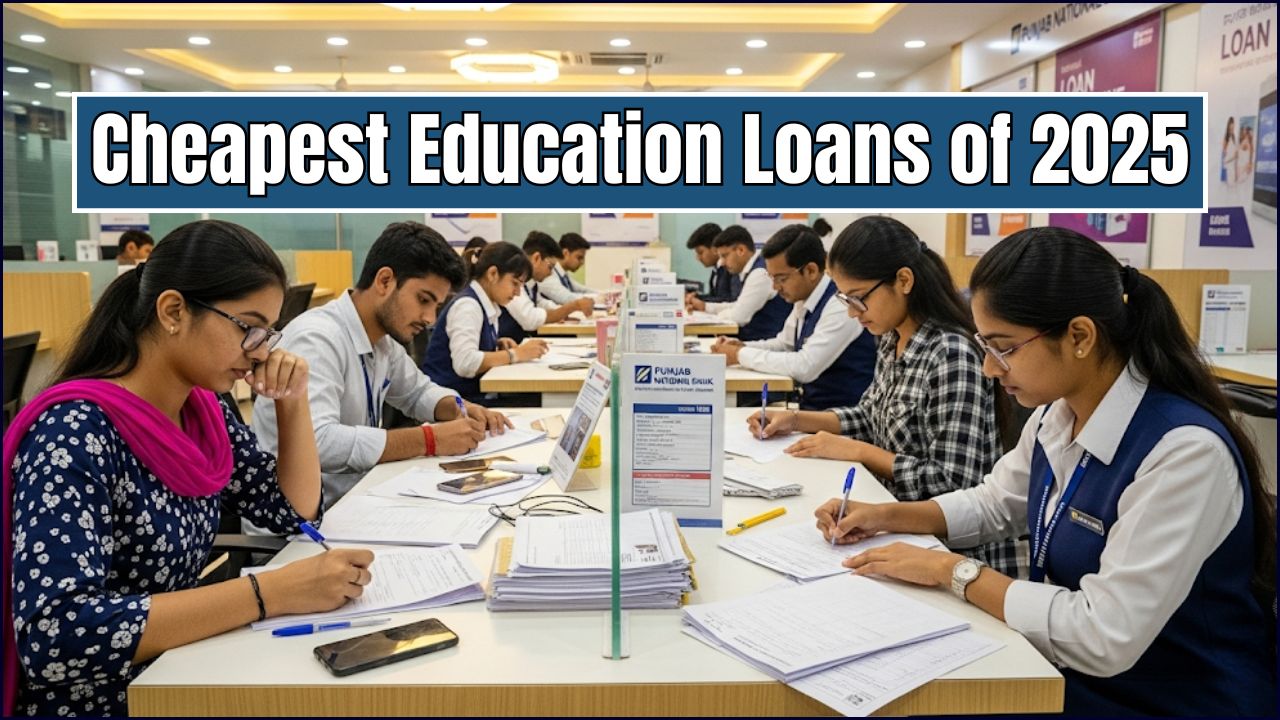
India’s 8th Pay Commission is expected to take effect from 1 January 2026, but the panel has not been formally notified, with the Finance Ministry still gathering stakeholder inputs and indicating appointments will follow “in due course,” official replies and press reports show.
What is confirmed so far
- The Union Cabinet decided in January 2025 to set up the 8th Central Pay Commission to revise pay, allowances, and pensions for central government employees and pensioners, covering roughly 49–50 lakh employees and about 65 lakh pensioners, according to ministerial statements reported by Hindustan Times and India Today citing a Press Trust of India brief.
- In written answers in Parliament, Minister of State for Finance Pankaj Chaudhary said inputs were sought from key ministries and states in January–February 2025, and that the Commission will be notified with chairperson and members appointed thereafter; no names have been announced yet.
Timeline: why January 2026 keeps coming up
- Government interlocutors and major outlets note a conventional 10‑year cycle for pay commissions; the 7th Pay Commission’s pay structure took effect on 1 January 2016, anchoring expectations for a 1 January 2026 start for the 8th Pay Commission if notified in time, according to India Today’s PTI-based report and explainer coverage.
- The Finance Ministry has indicated the panel’s financial impact will be budgeted after terms are approved, with Expenditure Secretary Manoj Govil telling CNBC-TV18 in February that work was expected to begin in April of FY 2025–26, subject to Cabinet nod to the terms of reference, as summarised by Financial Express; he also signalled no effect on FY 2026.
Why notification matters
- Without formal notification, the Commission cannot commence statutory work, including setting the terms of reference, conducting hearings, and preparing recommendations; this is why lawmakers asked for timelines in Lok Sabha and Rajya Sabha, prompting the reply that notification would be issued “in due course,” according to GConnect’s publication of the parliamentary Q&A and Upstox’s summary of the minister’s response.
- Analysts caution that if notification and member appointments slip further, the practical rollout of revised pay could be later than 2026, despite a nominal effective date, a risk highlighted by recent Financial Express analysis based on past implementation lags.
What could change in salaries and allowances
- The eventual hike depends on the recommended fitment factor and allowance rationalisation; exam-prep and tax platforms summarise market expectations around a fitment near 2.28 with a significant increase in minimum pay, though officials have not confirmed figures and stress that implementation follows Cabinet acceptance of the Commission’s report, as noted by Vajiram and Ravi and Jagran Josh.
- Dearness Allowance (DA), reviewed semi-annually based on the Consumer Price Index for Industrial Workers, is typically merged into basic pay at rollout and resets thereafter, a process India Today explained in its PTI-based brief on the 8th Pay Commission’s impact and ongoing DA adjustments.
Government’s communication so far
- “Inputs have been sought from major stakeholders, including Ministry of Defence, Ministry of Home Affairs, Department of Personnel & Training and from states,” the Minister of State for Finance said in a written reply, adding that appointments will follow notification, per the published parliamentary response and press summaries.
- The Cabinet’s January decision aimed to start the process well ahead of the 7th Pay Commission’s term ending in 2026, Union minister Ashwini Vaishnaw said at the time, as reported by Hindustan Times, adding that appointments would be announced soon with consultations at Centre and state levels.
What employees and pensioners should watch
- The Gazette notification constituting the Commission, including the chair and members, will signal that formal work has started; India Today and Upstox report that the Finance Ministry expects to issue this after reviewing inputs on the terms of reference.
- Subsequently, the Commission’s report, Cabinet consideration, and an acceptance notification will determine final pay matrices, allowances, and pension revisions; Financial Express notes that timing of these steps will influence whether payouts align with 2026 or slip later.
FAQs
- Has the 8th Pay Commission been notified? No. The Finance Ministry says inputs for the terms of reference are still being received; notification will follow, after which members will be appointed.
- When will it be implemented? The indicative effective date is 1 January 2026, following the 10‑year cycle and the 7th CPC’s 2016 start, but practical rollout depends on notification, report submission, and Cabinet approval timelines.
- How much will salaries rise? The increase will hinge on the fitment factor and allowance decisions; non-official summaries discuss scenarios, but the government has not endorsed specific numbers yet.
Concluding paragraph
The 8th Pay Commission is on track in principle, with a widely expected start from January 2026, but the process hinges on formal notification and appointments that have yet to be announced, according to parliamentary replies and official briefings reported by national outlets. Until then, Dearness Allowance revisions will continue twice a year, and final pay outcomes will depend on the Commission’s recommendations and Cabinet approval.





